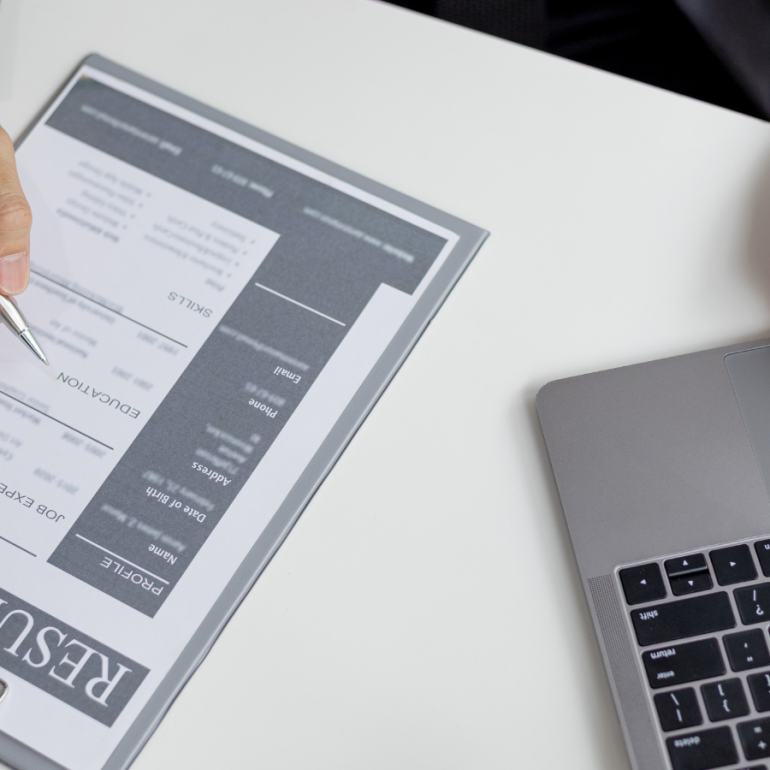In so many ways the impact of COVID-19 has been far-reaching, touching virtually every part of daily life. Among the most profound changes wrought by the pandemic has been how we work.
Human resources professionals agree that the workplace in 2021 will be very different from the one we knew at the end of 2019. Certainly, for some workers and in some industries, the changes will be less obvious and may even feel like “business as usual.” For others, it will be an entirely transformed experience.
What’s ahead? What are the workplace trends that human resources professionals will grapple within the year ahead?
Brian Kropp, chief of HR research at the consulting and research firm Gartner, shared on Human Resource Executive the HR trends he says will prevail next year. On his list – and on every other list from other HR professionals and thought leaders – is the acceptance of remote work as common practice, rather than some special benefit.
No longer a trend, Kropp says, “The next wave of flexibility will be around giving employees flexibility over when they work. Next year will see a rise of new jobs where employees no longer have an agreed-upon set of hours to work and instead just focus on a set of outputs to achieve, regardless of how long it takes them to achieve those outputs.”
Agreeing that remote work is now an established practice, HR thought leader Trish McFarlane, in her list for SAP, advised HR professionals to “Prepare to be flexible with scheduling and options for online trainings and upskilling.”
As part of the acceptance of work-from-home, Kropp sees a shift toward managing the life experiences of employees.
“We have seen (as a result of the pandemic) the struggles that they have faced when it comes to working from home, from balancing raising kids and working, and from caring for their family members,” Kropp writes. Supporting workers with these struggles gives them better lives and enables them to work more effectively.
“2021 will be the year where employer support for mental health, financial health and sleep will become table stakes of the benefits offer given to employees,” he says, addressing mental health support itself as one of the key HR trends: “Employers will work to de-stigmatize mental health by expanding mental health benefits, creating collective mental health days and supporting other initiatives to improve the mental health of their employees.”
Among the other HR trends Kropp sees are:
- More companies will take public positions on societal and political issues.
- States will compete to attract talent, rather than companies to move there.
- The gender wage gap will intensify in 2021 as more men choose to return to the workplace than women.
- Companies will shift from building talent to buying and renting it.
Like Kropp, other HR leaders see a broadening of the employee experience to be more encompassing of life experiences:
- McFarlane says “Mental and emotional well-being will become central to the employee experience.”
- The ReWork editors at Cornerstone predict the next step in the evolving employee experience is that “We will practice empathy in a virtual world.”
While all offer other, additional trends — some new, many accelerated by the pandemic — all see a different world of work in 2021.
As the ReWork editors wrote, “2020 has accelerated inevitable changes and forced industries, companies, and most importantly, people to adapt to these changes over a considerably short amount of time.
“And 2020, if nothing else, has shown us that people are resilient, organizations can adapt in the face of rapid change, and together, they can create extraordinary outcomes.”
Photo by Cytonn Photography on Unsplash
[bdp_post_carousel]



